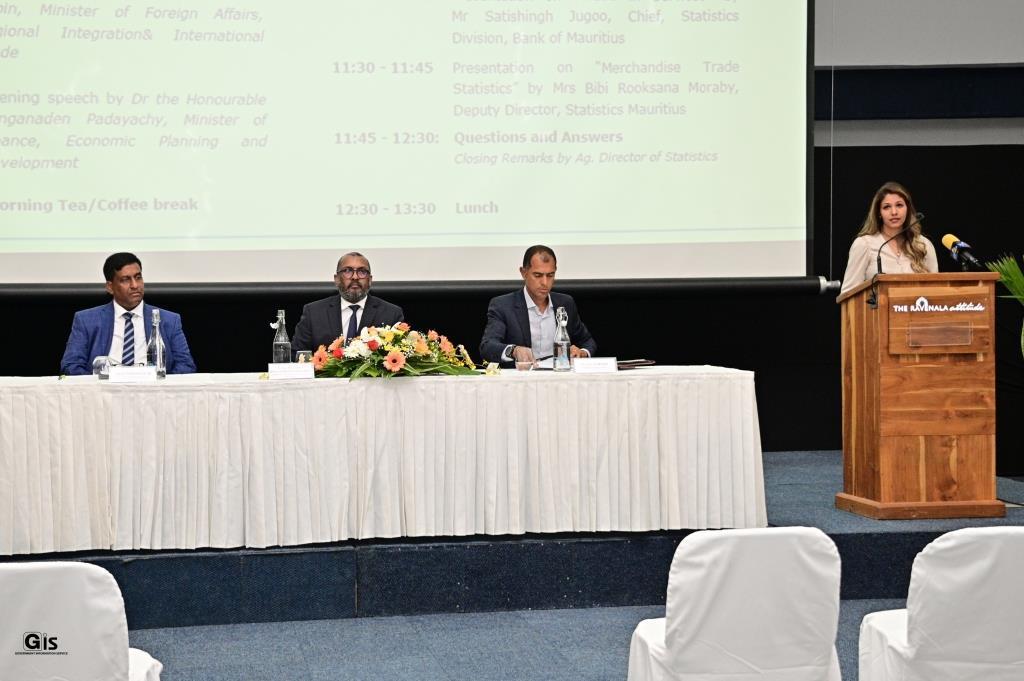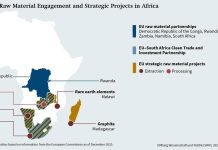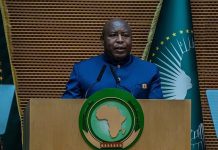Africa-Press – Mauritius. In the context of the African Statistics Day 2023, celebrated annually on 18 November, a half-day workshop, organised by Statistics Mauritius, opened, this morning, at the Ravenala Attitude Hotel in Balaclava.
The theme for 2023 is ‘Modernising data ecosystems to accelerate the implementation of the African Continental Free Trade Area (AfCFTA): the role of official statistics and big data in the economic transformation and sustainable development of Africa’.
The Minister of Finance, Economic Planning and Development, Mr Renganaden Padayachy; the Chairperson of Statistics Board, Mr Charles Cartier; the Acting Director of Statistics Mauritius, Mr Mukesh Dawoonauth; and other personalities were present.
In his address, the Finance Minister stated that the Day was an opportunity to increase awareness on the important role of statistics in people’s lives and a country’s social and economic life.
“The availability of adequate data will help to make more informed decisions and promote a strong, inclusive and sustainable economy,” he underlined.
“The 2023 theme,” he stated, “was chosen to raise awareness among decision makers, technical and financial partners, data producers, researchers, and the public of the importance of official statistics and big data to accelerate the implementation of the Agreement establishing the AfCFTA and promoting intracontinental trade.
He underscored that the transformation and modernisation of statistics norms could not be reversed and should be pursued to respond to data demands arising from the United Nation’s 2030 Agenda and Agenda 2063 of the African Union.
“AfCFTA,” he pointed out, “is a key project of Agenda 2063 with the prime objective to create a unique African Market facilitated by free movement of people, capital and investments.
” “It represents a major opportunity for African countries as it can help around 30 million of people to grow out of extreme poverty and help 68 million low-income workers while stimulating economic activities and job creation,” he added.
Besides, Mr Padayachy noted that it would also lead to a 10% increase in the wage of Africans and foster a growth of 28% for the intra-African Trade. He further remarked that statistics were a powerful tool to evaluate the socio-economic dynamism of a country, highlighting that this was showcased by the key measures proposed by Government in the aftermath of the COVID-19 pandemic.
“The country,” he indicated, “has bounced back, and is expecting a Gross Domestic Product forecast of around Rs 650 billion for 2023, compared to 440 billion in 2020, representing an increase of 44 %.
” It recorded an economic growth of 8,9% for 2022, and was expected to grow by 6,8% in 2023, while there was an increase in investment amounting to Rs 112,8 billion in 2022, and the rate of investment is expected at 22% in 2023.
Speaking on the unemployment rate, he mentioned that it stood at 6.4% in August 2023, which was the lowest figure recorded over the past 25 years. As for the import and export sector, he indicated that export exceeded the normal threshold to Rs 320 billion for 2022 and was expected to reach Rs 360 billion in 2023.
“These figures,” he emphasised, “are primordial to give an overview of the resilience, performance and sustainability of an economy.
” “Therefore, the modernisation of data systems is critical for informing policy and to meet the arising needs of statistical users while planning for resilience, innovation, and agility,” he said.
As for Mr Cartier, he indicated that the AfCFTA was a flagship project of Agenda 2063 to deepen economic integration, and promote a sustainable and inclusive socio-economic development, gender equality, food security and industrialisation.
“Timely and high-quality statistics are a prerequisite for in-depth analysis of income, investment, and overall welfare of a country,” he stressed. He underlined the potential of big data and its pivotal role in financial services and guiding policy decisions.
“Health care, precision farming and fishing, and financial inclusion are three key areas that can be revolutionised with the use of big data in Mauritius,” he highlighted.
For More News And Analysis About Mauritius Follow Africa-Press







